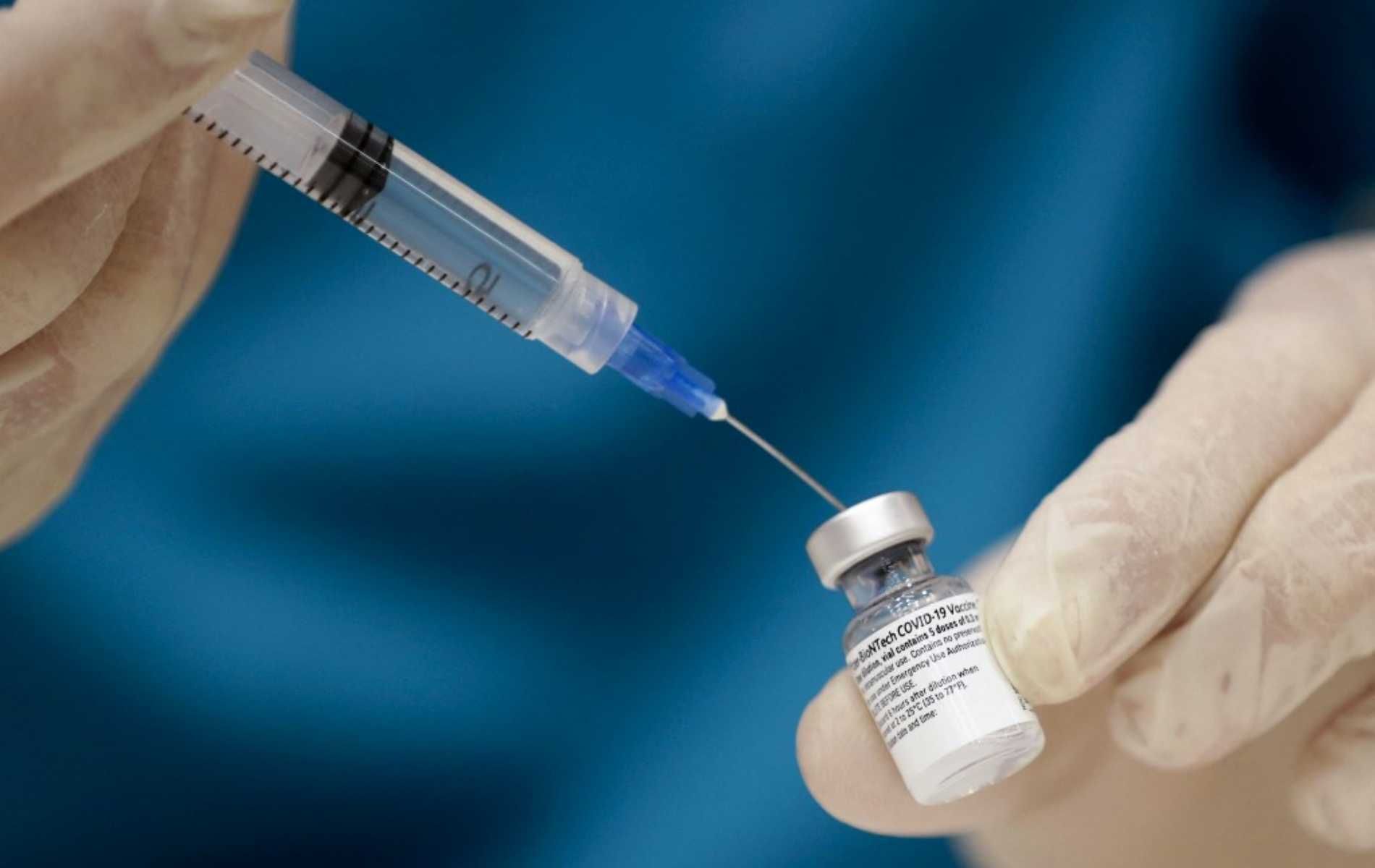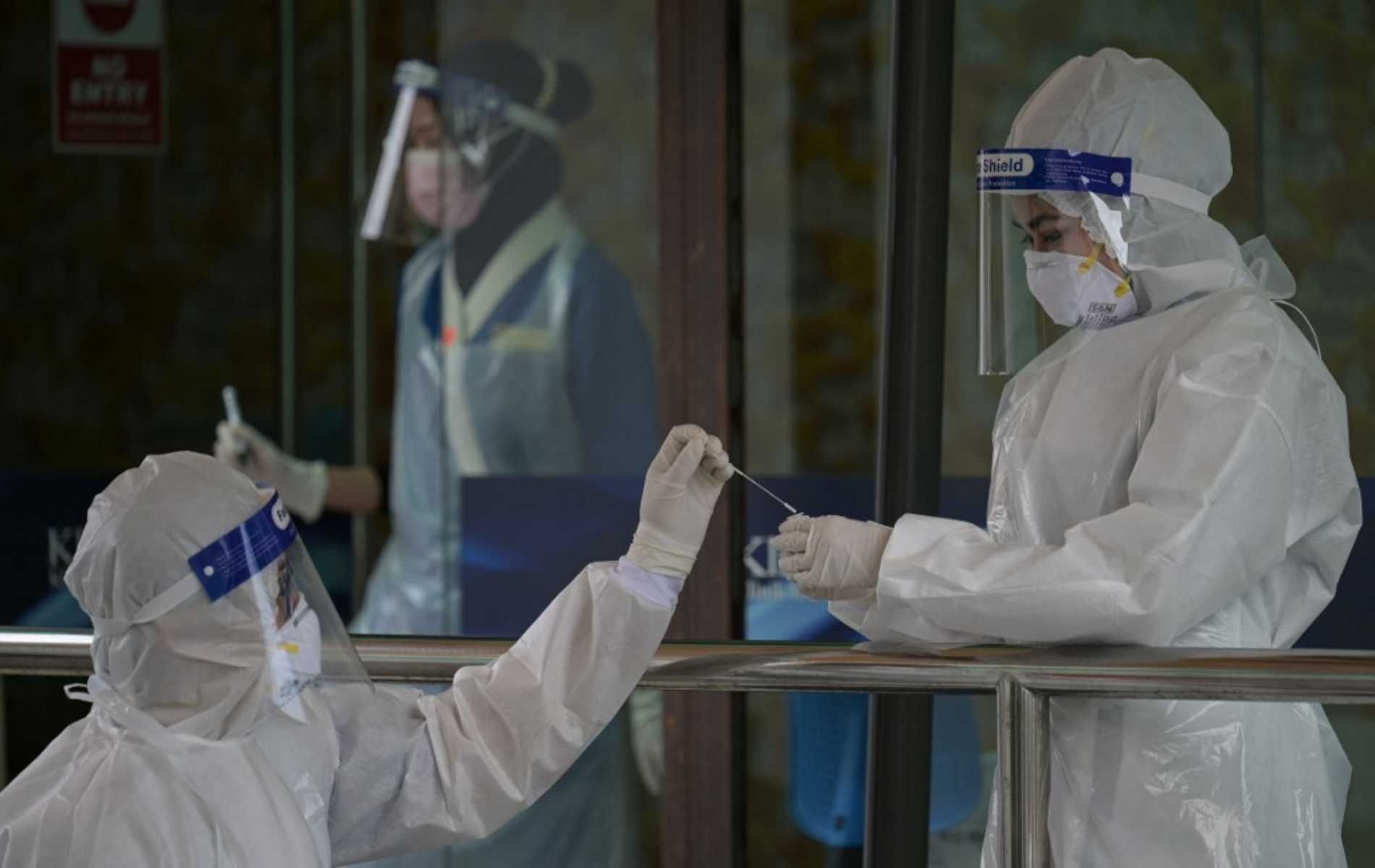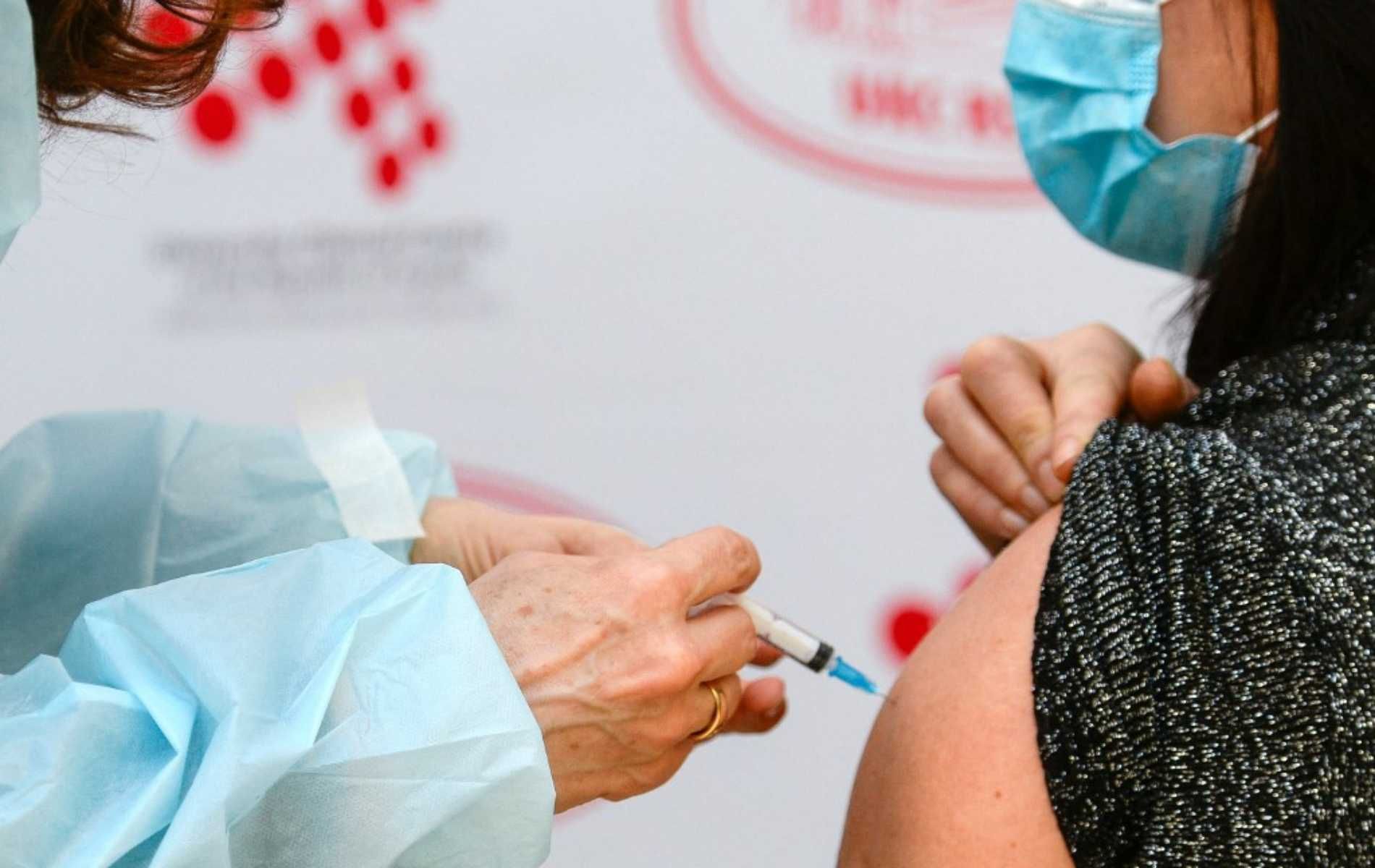Here’s your guide to how and when you can get vaccinated for Covid-19 in Malaysia
UPDATED MARCH 29, 2020
Minister of Science, Technology, and Innovation Khairy Jamaluddin has confirmed that the second phase of Malaysia's Covid-19 vaccine programme will commence on April 19. The phase will prioritise the elderly, those with morbidity problems, and the disabled. "Those eligible for the vaccine will receive a notification for the date of their vaccination two weeks prior to their appointments via the MySejahtera mobile application, phone call or SMS starting April 5," The Star quoted him as saying.
If you haven't registered your elderly dependent for the Covid-19 vaccine, you can do so through the MySejahtera app, under Add Vaccine Dependent. Khairy assured that those in Phase Two who are late in registering would be prioritised and brought to the top of the queue once they register.

In early February, Minister of Science, Technology and Innovation Khairy Jamaluddin disclosed that Malaysia is expected to receive its first batch of Covid-19 vaccines by end February, with Prime Minister Tan Sri Muhyiddin Yassin scheduled to be the first recipient in order to boost confidence in the vaccine. Following which, the registration process for those who wish to receive the free Covid-19 vaccine will start in March.
To recap, here’s what you need to know about Malaysia’s national Covid-19 vaccination programme.
Read more: 5 Technology Trends That Covid-19 Accelerated Into 2021



